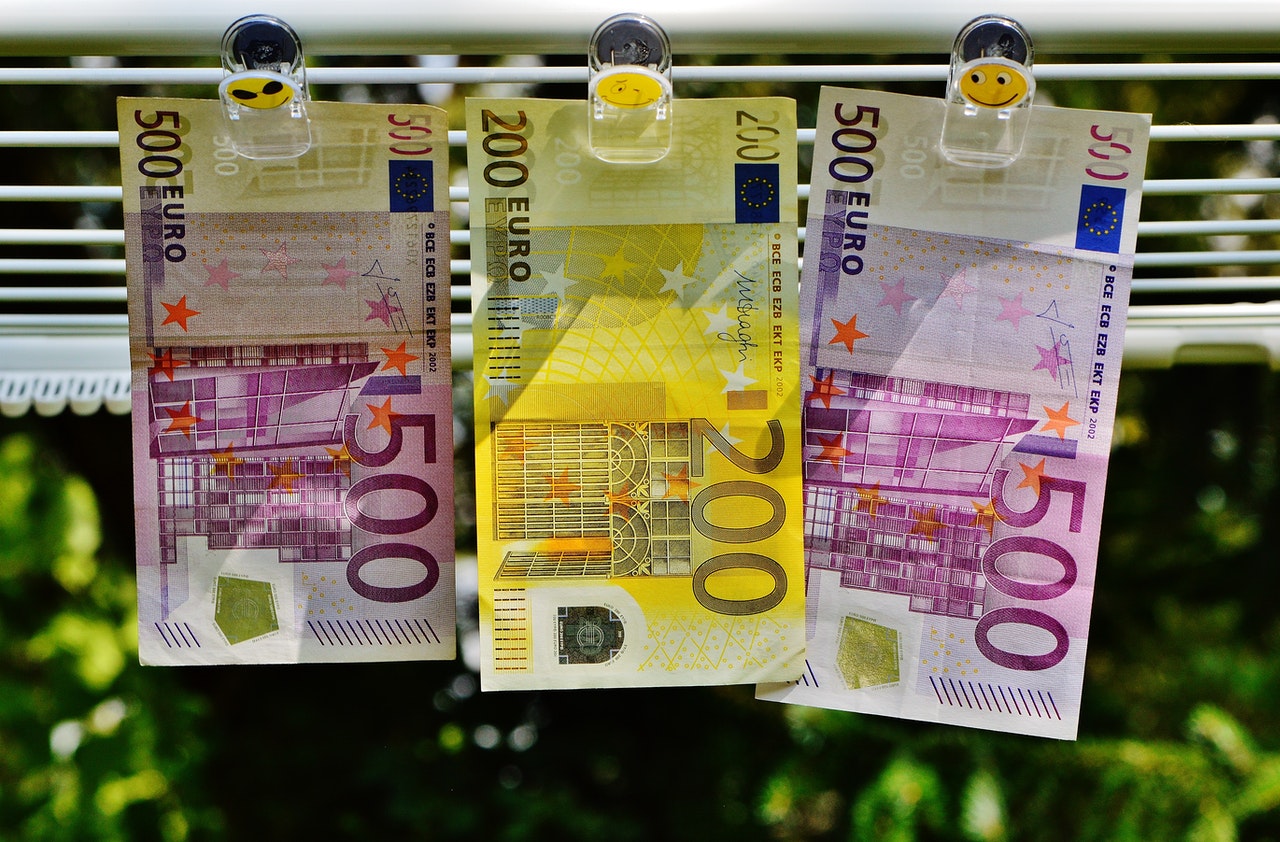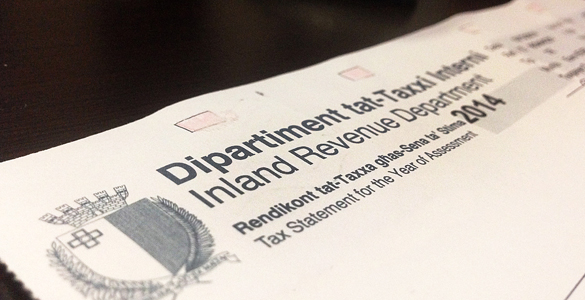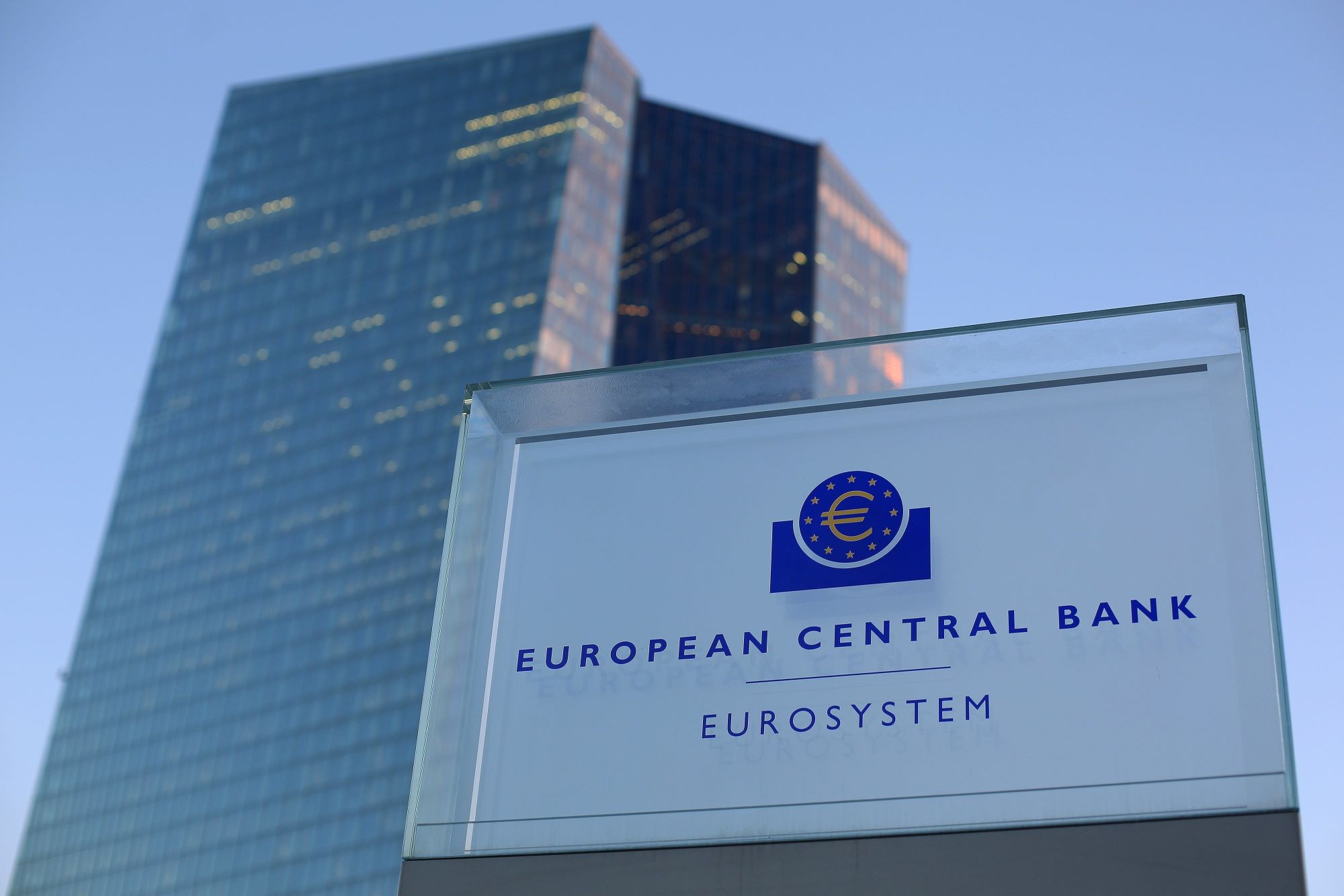Between 2006 and 2022 there were over 700 cases of money laundering reported.
This information came to light following parliamentary question by Opposition MP Beppe Fenech Adami.
Between 2006 and 2014 there were only seven cases of money laundering reported. However, from then onward it multiplied.
2015 alone had more than double the number of cases of the previous reported years combined, at 17, and 2016 had almost double that with 30 reported cases of money laundering.
Figures kept rising almost year on year (save for a small dip in 2017) and by 2020 the number of cases surpassed 100 in a single year, and surpassed 200 in 2021.
2022 presented another decline relative to 2021 but was still effectively level with the number of cases in 2020.
A number of factors may have contributed to the multiplying number of money laundering cases in recent years.
The country’s main enforcer of anti-money laundering rules, the Financial Intelligence Analysis Unit (FIAU), was arguably understaffed and under-resourced for several years. In 2012 the FIAU only had 13 employees and a budget of €380,000. Considering that Malta was evolving into a financial hub, attracting countless igaming and financial services companies, while dipping its toes into blockchain and cryptocurrency the resources the FIAU had were insufficient to investigate effectively.
This led to the FIAU being granted a much larger budget of €11.5 million as of 2022, with 136 employees.
What may also have been a wake-up call was when Malta was battling the risk of being greylisted by the Financial Action Task Force (FATF). Despite having reported 138 cases of money laundering in 2020, the country was greylisted by the FATF in June 2021, on the basis of poor enforcement of anti-money laundering rules.
This meant that Malta became the first European Union member state to be greylisted, harming the country’s reputation as a financial services jurisdiction. Between 2021 and 2022, the country reported almost half of all known cases of money laundering.
The country’s efforts were not in vain since Malta was removed from the FATF greylist in June 2022. Considering the MFSA’s latest strategy it appears that fighting money laundering will continue to be a priority for the country’s authorities and regulators, to avoid the risk of future greylisting.
Top 5% of taxpayers responsible for one-third of all income tax paid in Malta
On the other hand, the bottom third of income earners pay just 1.7% of all income tax generated
The Malta Institute of Accountants prepares for its 2024 Anti-Money Laundering Conference
Held at the Radisson Blu, St Julians, this latest AML Conference promises to bring exclusive insights on new procedures
Eurozone interest rates to remain unchanged
The European Central Bank noted that price pressures remain persistent






